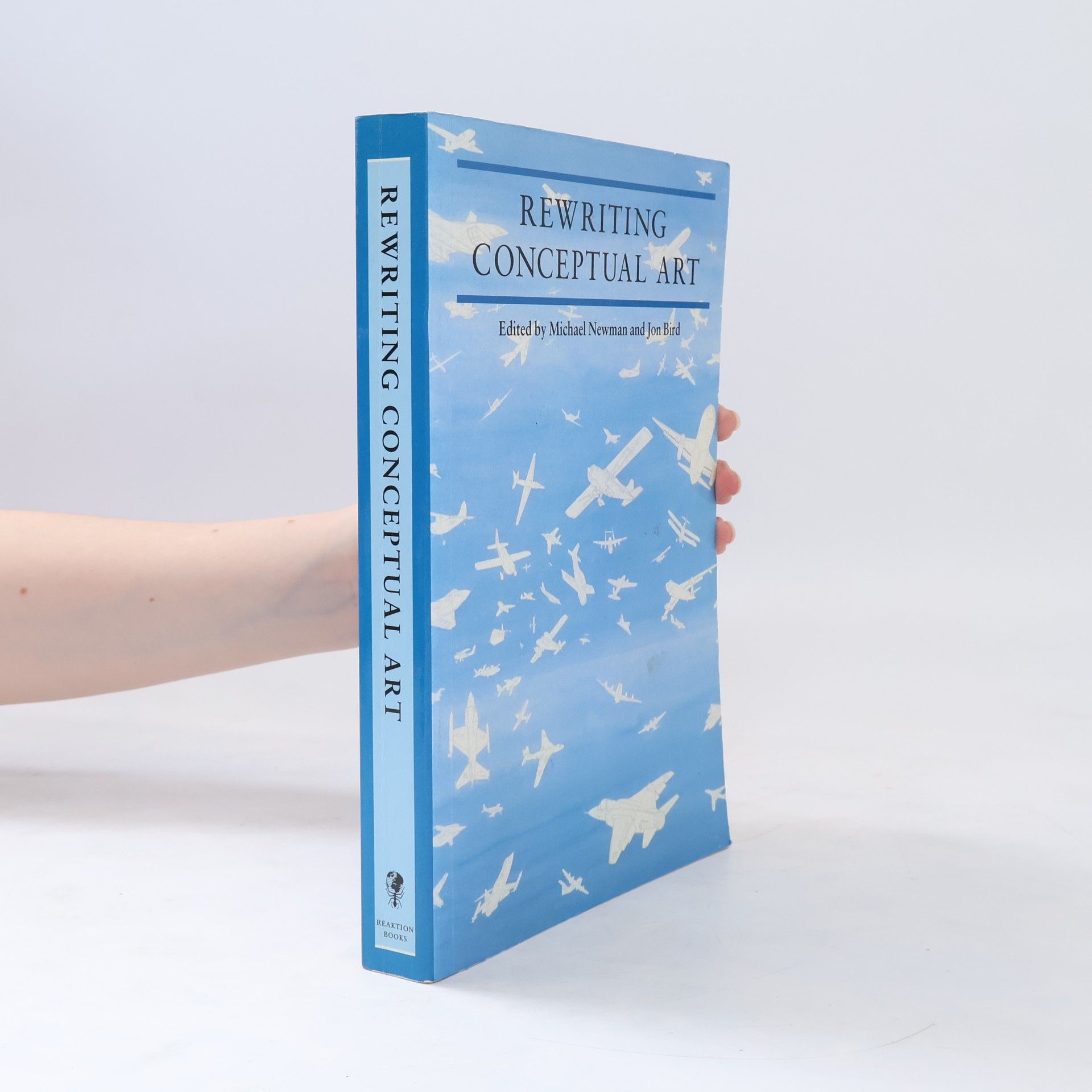Between These Walls
- 396pages
- 14 heures de lecture
Set in May 1945, this narrative unfolds during the final days of World War II in Europe. It explores the emotional and psychological impact of the war on soldiers and civilians alike. The story delves into themes of loss, resilience, and the quest for peace amid chaos, highlighting personal struggles and the broader implications of conflict. Characters are faced with difficult choices as they navigate a world on the brink of transformation, capturing the tension and uncertainty of a pivotal moment in history.


